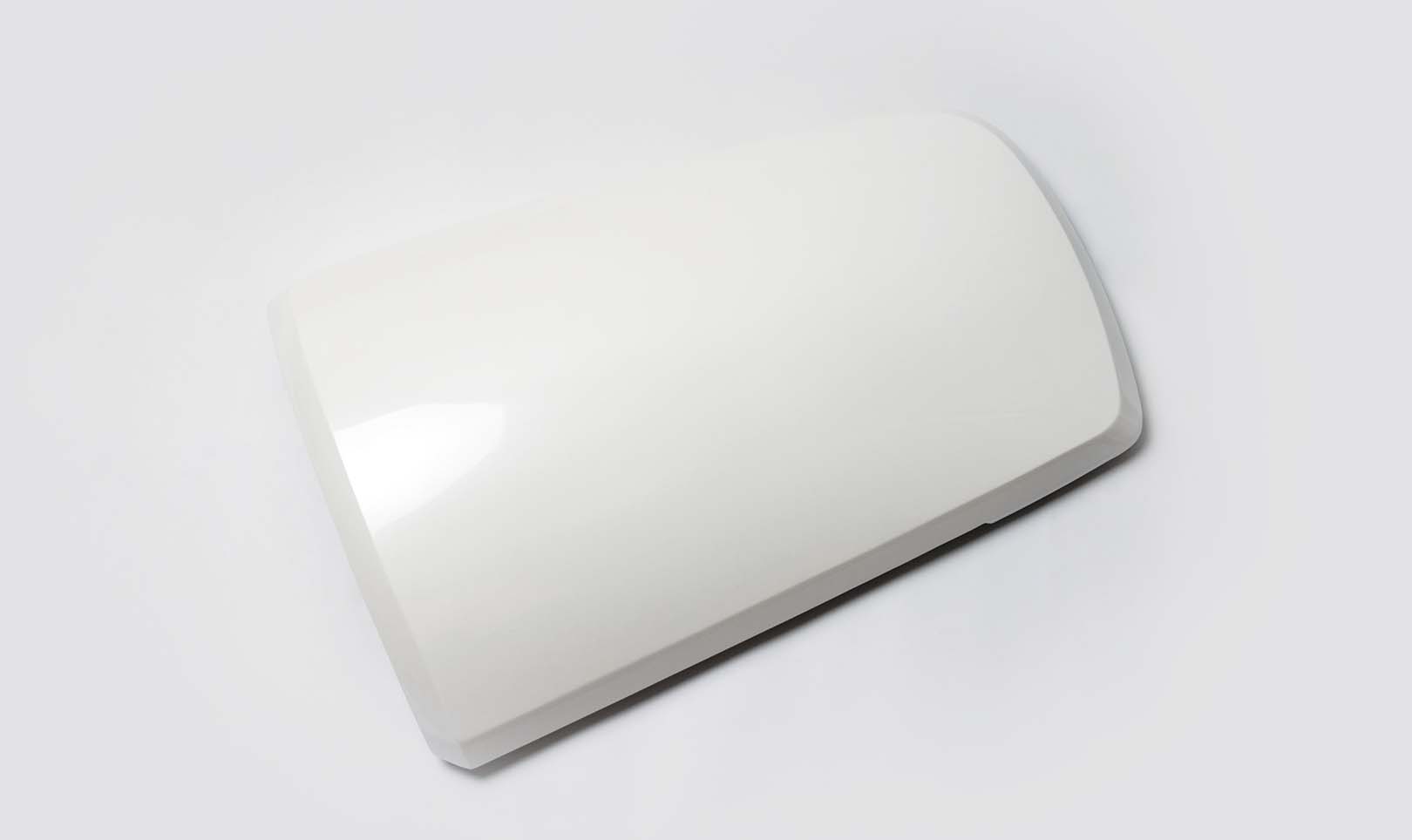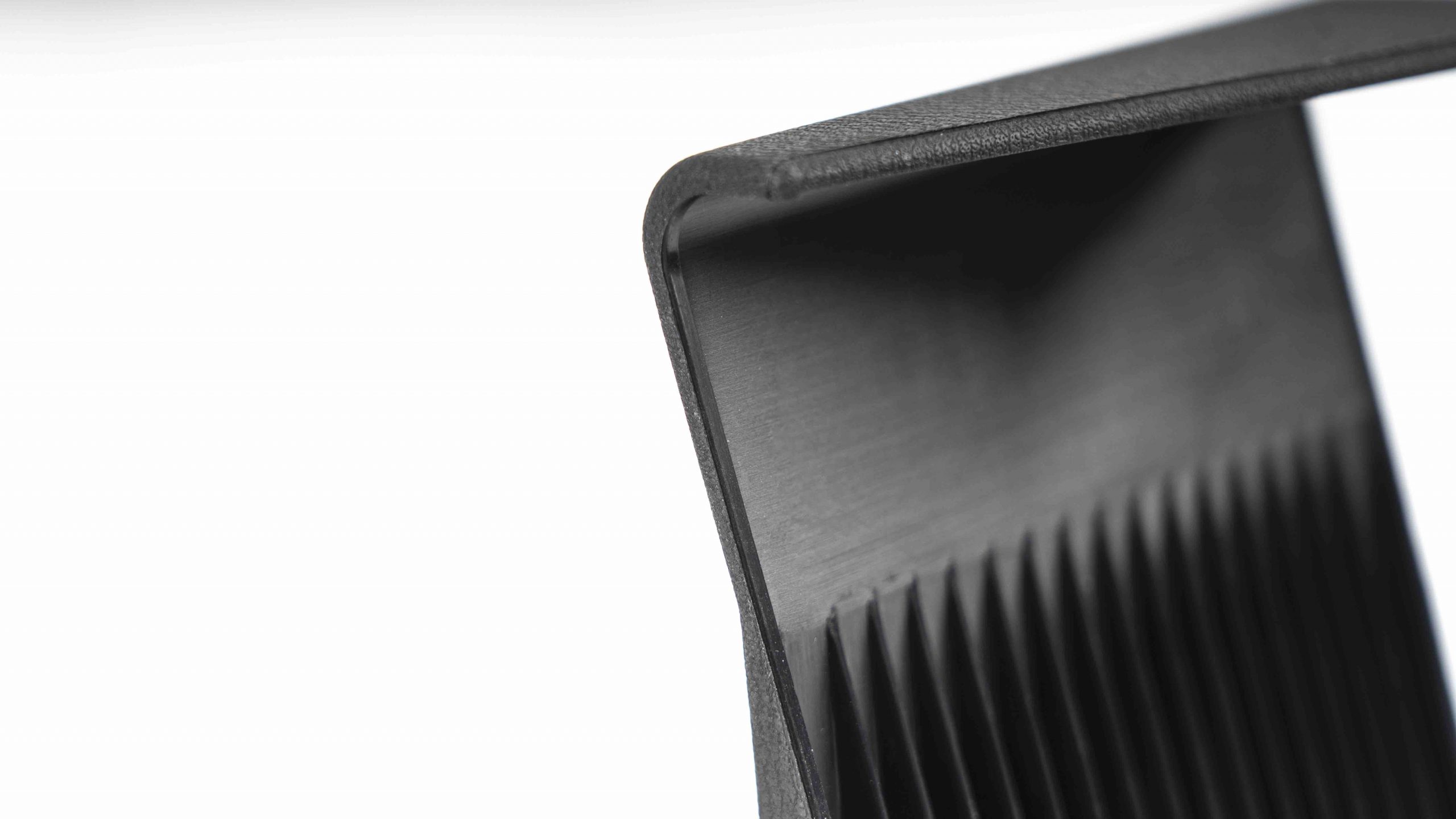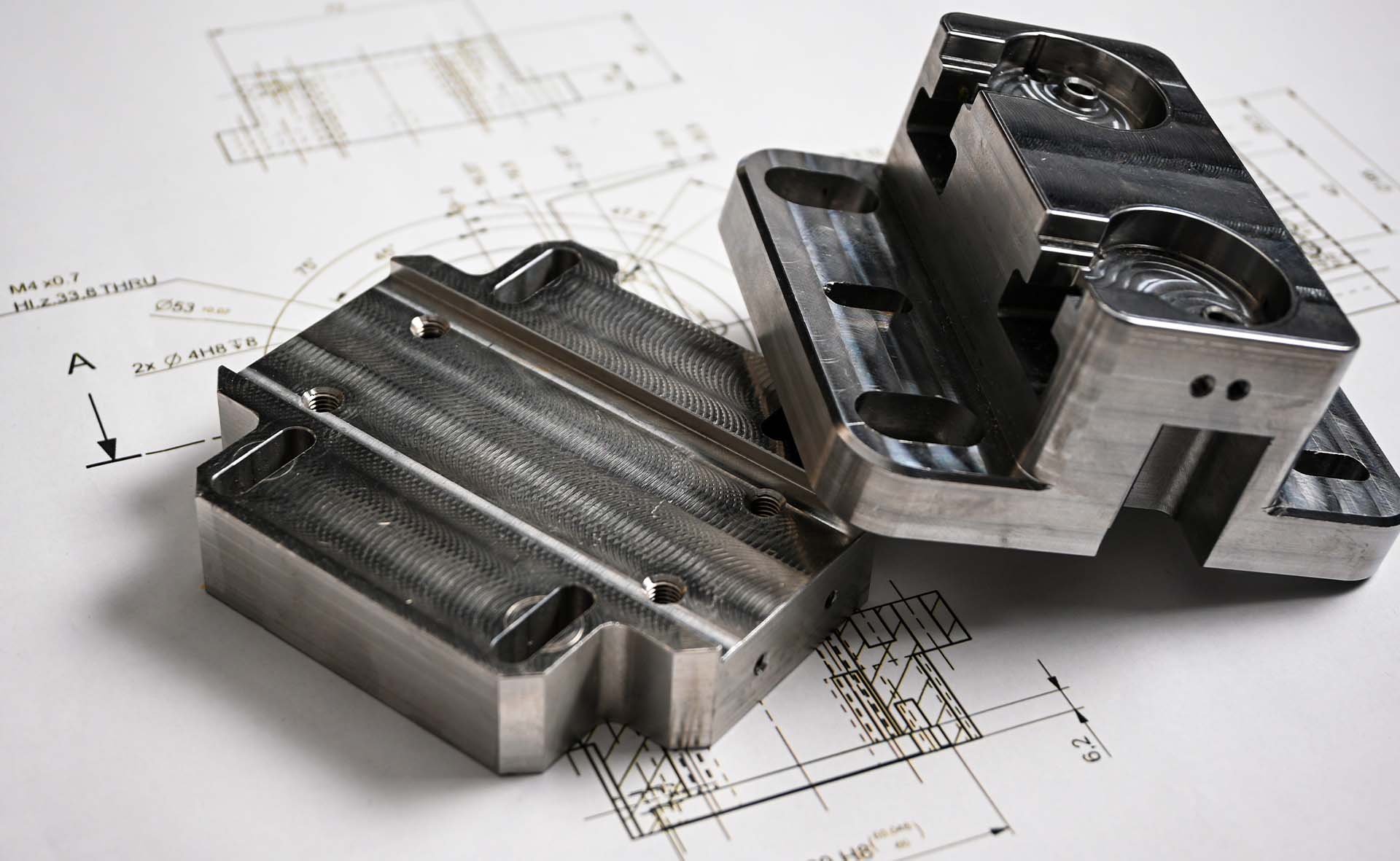One of the most common plastic injection moulding questions that we get asked is, “what material should I use for my project?” There is no one answer for that. Injection moulding offers a wide variety of resins and combinations of materials, each with its own unique properties and characteristics. To get you started, we’ve listed ten of the most popular plastic injection moulding materials along with their key features and typical applications.
High-density Polythylene (HDPE)
HDPE is a resin typically found in pellet form and designed to provide excellent processability for moulders. It is light, affordable and offers very good resistance to impacts, chemical damage, and other potentially harmful external factors. These characteristics make HDPE ideal for producing bottles and containers used to safely transport contents.
| Key features | Applications |
| Lightweight, excellent chemical resistance, environmentally friendly | Agricultural and medical products, recycling bins, cleaning containers |

Acrylonitrile Butadiene Styrene (ABS)
ABS is a common thermoplastic polymer used in injection moulding. It is an optimal choice for producing parts that require high tensile strength, low production cost, and excellent impact resistance. ABS parts also exhibit excellent resistance to everyday knocks and scrapes, making it great for furniture in high-traffic areas.
| Key features | Applications |
| High tensile strength, resistant to scratches, high mechanical strength | Automotive interior and exterior components, medical device housings, consumer products |

Polycarbonate (PC)
Polycarbonate is a tough, transparent plastic that has excellent impact resistance and is often used in applications where high strength and clarity are important, such as lenses, electronic components, and medical devices.
| Key features | Applications |
| Shatter resistance, durable, good electrical properties | Electronic housing and enclosures, eyewear, bullet-proof glass |

Polyethylene (PE)
Polyethylene is a lightweight thermoplastic that is easy to mold and has good chemical resistance. It is used in a wide variety of applications, including packaging, pipes, and automotive components.
| Key features | Applications |
| Impermeable, lightweight, good electrical insulation properties | Electric insulator, drain pipes, trash cans |
Polyoxymethylene (POM)
POM, also known as Delrin Acetal, is a tough, low-friction semi-crystalline thermoplastic that is often used for sliding applications and mechanical parts like gears and snap fastenings.
| Key features | Applications |
| Excellent wear resistance, strong and durable, high tensile strength | Mechanical parts like bearings and gears, safety systems, snap-fits |
Acrylic (PMMA)
With injection moulding, PC and PMMA are the two main materials of choice for transparent parts. Acrylic can stand against weathering and has high gloss and good abrasion resistance. Overall, it is an excellent alternative to glass.
| Key features | Applications |
| Impact strength, good abrasion resistance, exceptional weatherability | Automotive and aircraft windshields, mobiles screens, headlights and lenses |
Nylon (PA)
Polyamide (PA) is a strong, durable thermoplastic and an excellent alternative to metal components in high-temperature environments, like gears, bearings and other types of high-friction machinery and components. The most commonly used nylon grades for plastic injection moulding is PA6 and PA66.
| Key features | Applications |
| Strong and durable, excellent tensile strength, good wear resistance | Automotive and aircraft windshields, mobiles screens, headlights and lenses |

Polypropylene (PP)
Injection moulded polypropylene is the most common plastic found in the automotive industry. It is a versatile thermoplastic material that is easy to mould, has good chemical resistance, and is very lightweight.
| Key features | Applications |
| High impact strength, good chemical and moisture resistance, semi-rigid | Medical products and tools, automotive exterior components like car bumpers |

Polycarbonate + Acrylonitrile Butadiene Styrene (PC/ABS)
PC/ABS plastic is one of the most widely used materials for plastic injection moulding due to its combination of strength and heat-resistance offered by PC and the flexibility offered by ABS. It can be modified to fit a variety of needs through the addition of additives such as glass fiber, mineral fillers and flame retardant.
| Key features | Applications |
| Good heat resistance, high impact strength, low overall shrinkage | Computer hardware, automotive interior and exterior components, electrical housings |
Thermoplastic Polyurethane (TPU)
TPU is a type of thermoplastic elastomer (TPE) but can be injection moulded to produce a harder rubber with high durometer. It has gained widespread popularity due to its excellent ability to withstand extreme temperatures, as well as its resistance to chemicals and abrasion. It is available in commercial, medical, and industrial grades, making it a versatile material for a range of applications.
| Key features | Applications |
| High elasticity, high abrasion resistance, good durability | Automotive wheels and gears, sports equipment, medical devices |
Choosing the best material for your next injection moulding project can be a challenging task, given the vast array of resins available. Fortunately, we can help you through this process. Upload your CAD files here, provide us with as much information about the intended application and use of the parts, and our experts will be able to assist you in selecting the resin that best aligns with your requirements.
